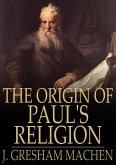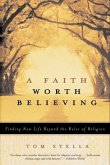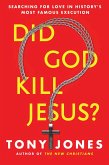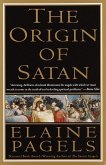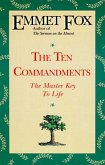In "The Origin of Paul's Religion," J. Gresham Machen meticulously examines the formative influences on the Apostle Paul's theological framework, setting it against the backdrop of 1st-century Judaism and emerging Christian thought. Employing an analytical literary style, Machen synthesizes historical, exegetical, and philosophical perspectives, providing deep insights into Paul's conversion, the significance of grace, and the interplay between law and faith. The book critiques modern interpretations of Pauline theology, elucidating a perspective steeped in rigorous scholarship and a commitment to orthodoxy, reflective of the early 20th-century battles between liberalism and fundamentalism in American Christianity. J. Gresham Machen, a prominent theologian and founder of Westminster Theological Seminary, was deeply influenced by the intellectual currents of his time, particularly the rise of liberal theology that challenged traditional Christian doctrines. Born in 1881, Machen's rigorous academic training in theology, as well as his conviction to uphold the historicity and authority of Scripture, motivated him to clarify Paul's message in a way that would resonate with both scholars and laypeople alike. This book is essential for anyone seeking a profound understanding of Pauline doctrine and its implications for contemporary faith. Machen's articulate defense of traditional theology offers invaluable insights into the nature of Christianity, making it a vital read for theologians, students, and anyone interested in the roots of Christian belief.
Dieser Download kann aus rechtlichen Gründen nur mit Rechnungsadresse in A, B, BG, CY, CZ, D, DK, EW, E, FIN, F, GR, H, IRL, I, LT, L, LR, M, NL, PL, P, R, S, SLO, SK ausgeliefert werden.



